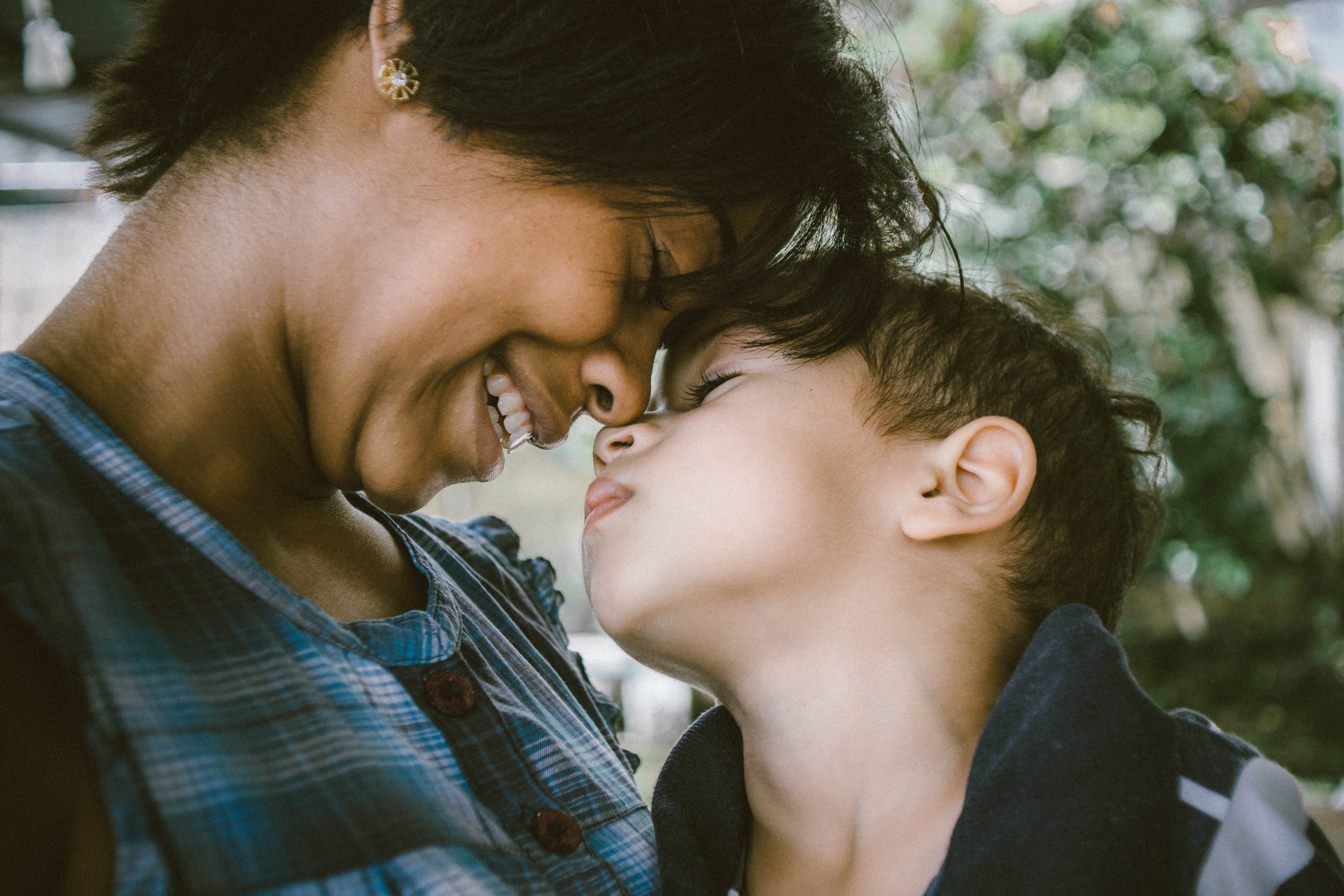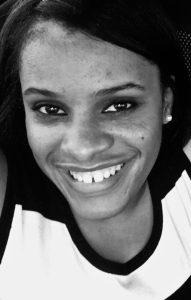
Kim Kardashian and Kanye West did it. Sarah Jessica Parker and Matthew Broderick did it. Even Tyra Banks did it. In fact, in 2017, well over 750 American couples did it.
What is this growing trend that is popular among the famous and not-so-famous alike? Surrogacy.
Surrogacy, at its core, is the process by which a woman carries a baby for someone else. That someone else can be another woman or a couple, or any iteration in between. However, while some people laud the benefits of surrogacy, including the control it provides intended parents, this method of family planning is not without its critics. In today’s world, surrogacy is a hot-button topic. Some families choose surrogacy over adoption because of the security it provides. Others choose surrogacy over adoption because they desire to have a child who is biologically related to them.
Meanwhile, in the United States, there are 104,000 children who are waiting to be adopted. In Duval and Nassau Counties alone, there are over 1,000 adoption-eligible children waiting for homes. These statistics beg the question: In the face of so many children in need of forever families, what are the moral and societal implications of the rise of surrogacy? Are there unintended consequences associated with allowing parents to cherry-pick certain traits, while leaving others, such as disability or difference, behind?
These questions are not simply philosophical. They are real-life considerations with real-life consequences. Not just for married women. Not just for women seeking to have children. But, to all women, to everyone.
To me. As a woman who uses a wheelchair, I daily encounter societal conceptions surrounding disability. To some, disability and difference are things to manage, to avoid, to eliminate. They are rarely celebrated outside of the traditional notions of “inspiration porn” (i.e. “If you can overcome that, I can overcome anything.“)
For instance, growing up and still today, people have approached me to share the ways in which I have inspired them. They praise my educational accomplishments of graduating from college and law school, passing the bar exam, and obtaining meaningful employment as an attorney. These accomplishments are statistically extraordinary because of the barriers that many people with disabilities face when obtaining education and employment. Nevertheless, these same people often view my success as a sign that those barriers do not exist rather than as a call to action to remove them for others in similar positions. In other words, they seem to view my having a disability as a legitimate bar to my success without questioning why such a bar is acceptable in the first place.
This normative way of thinking about disability and difference is an often unspoken piece of the surrogacy vs. adoption debate. Children are put up for adoption for many reasons, including in some cases a parent’s presumed or actual inability to care, financially, physically, and/or emotionally, for a child with a disability or difference.
In a similar vein, disability and difference can be contributing factors to the termination of some pregnancies. According to a 2012 study in the journal, Prenatal Diagnosis, an estimated average of 67 percent of healthy and planned pregnancies were terminated in the U.S. when the presence of chromosomal abnormalities associated with Down Syndrome were detected in a prenatal test. When it comes to terminating surrogate pregnancies due to the detection of disabilities, a quick internet search reveals news headlines from recent years in which surrogates are requested to terminate their pregnancies after prenatal testing determines the presence of disabilities ranging from spina bifida and cleft palate to heart defects.
The notions that disability and difference are issues to be controlled, avoided, or eliminated does not spring from thin air the way Athena sprang from Zeus’ head. We, as a society, create these ideas. We shape them by the way we think, the way we speak, and the way we interact with each other. With this in mind, change, quite simply, requires change. To conquer the idea that disability and difference are things to be avoided, we must stop avoiding them.
This includes discussions of family planning, surrogacy, and adoption. Some people opt for surrogacy as a means to avoid having a child with a disability. For some people, the fear that their child will be rejected socially or that they will be unable to provide for their child’s medical needs discourages them from having children with disabilities. These fears are largely based on societal constructs around disability that we create for ourselves. Some people choose not to adopt to avoid wrestling with the challenges of raising a child with a difficult past. These deeply personal family choices are relevant to understanding how to create a more inclusive world.
Adopting a child with a disability may add to a broad range of emotions of joy and excitement, but also fear and anxiety. For some families, the difficulties that come with this method are not worth the risks. I want to emphasize that on a familial and an individual level, the choices of surrogacy, adoption, and termination are complex and outside the realm of scrutiny. However, on the societal level, we must ask ourselves what sort of world we want to live in moving forward.
Millions of Americans live with some type of disability. This knowledge is not a cause for despair. Instead, it should be seen as a tool for developing better ideas to build a more inclusive society. If we want to live in a country that embraces differences and provides opportunities, then that change starts in the mind. It starts in how we conceptualize disability and difference. It starts with exposing our children to people who do not look like them. From there, it grows into a changed world.
In this discussion, we stand at a crossroads. Already people can pay money to create a child with the traits they’ve always dreamed of. So-called “designer babies” are usually physically and neurologically typical. “Perfect,” some might say.
But what is perfection? Perfection is a myth. We must accept that. The quest for perfection is as useless as searching out the endpoint of a circle. It is not only meritless, it is frustrating. In the end, we are left to grasp at straws, ranking each other based on our distance from the perceived goal. Once we realize that perfection does not exist in this world, we can stop chasing it.
The reasons why families opt for surrogacy over adoption are as numerous as the families who make those choices. There are no easy answers. There never have been. But, if we breathe deeply, think critically, and examine ourselves in our daily lives, we can find more answers than we thought possible. Family formation can be seen as a microcosm of what we as a society strive to achieve. Perhaps exploring our ideas around surrogacy and adoption, especially in the context of disability, is a useful place to start.
 About the Author
About the Author
Nicole Saunders is a prosecutor and fiction writer living in Jacksonville, Florida. As a novelist, her mission is to advocate for populations often left voiceless, as well as to entertain. Her debut novel, Disposable, explores the moral and ethical issues inherent in surrogacy and adoption. Say hello at disposable-thebook.com or on Twitter and Instagram at @Nickifixnwriter.
















